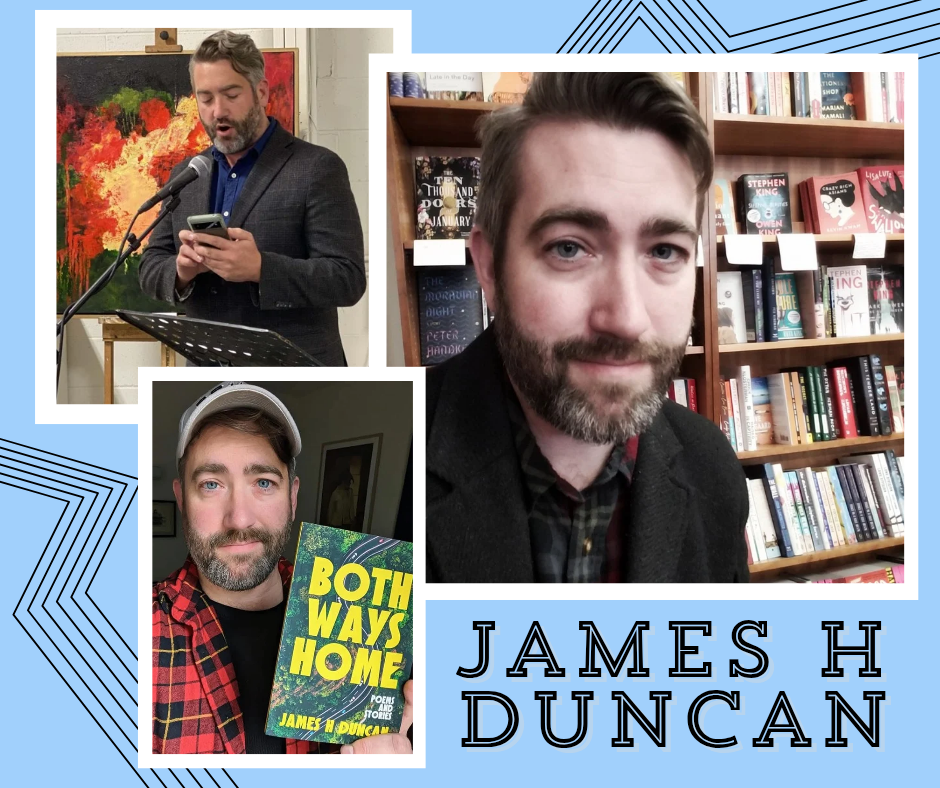Welcome!
I’m a writer from upstate New York and I focus mostly on poetry, sometimes on fiction, and when I get home from various travels I like to write about all the bookshops I’ve seen out there on the road.
BOOKS
I’ve published more than 20 collections of poetry and fiction with small presses from around the country, and you can find most of them by visiting my books page.
The Bookshop Hunter
The Bookshop Hunter is a blog with hundreds of write-ups of bookshops I’ve visited over the last few years. Have a recommendation? Let me know!


